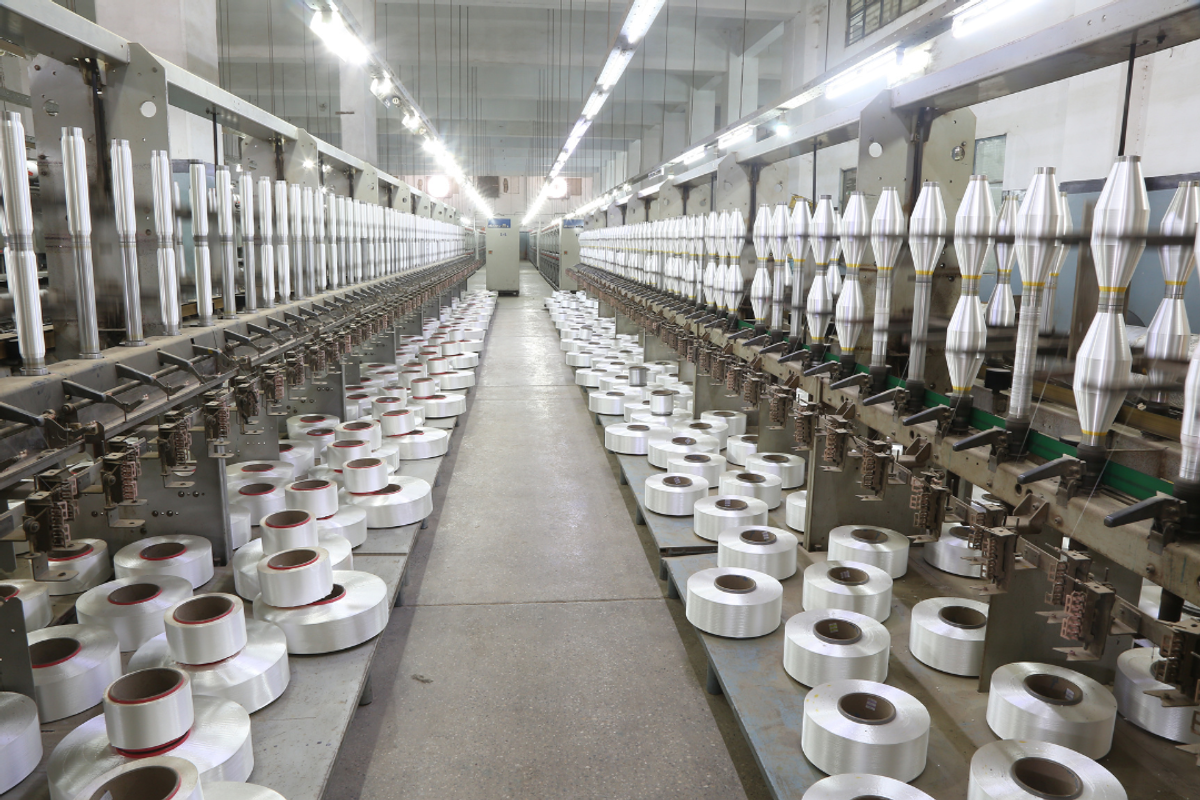Pakistan, Uzbekistan eye major expansion in textile trade
APTMA and Uzbek textile leaders agree to boost bilateral commerce, explore joint ventures, and address key trade bottlenecks
Business Desk
The Business Desk tracks economic trends, market movements, and business developments, offering analysis of both local and global financial news.

Pakistan and Uzbekistan have agreed to significantly expand bilateral trade in the textile sector, building on current figures of $114 million, according to the All Pakistan Textile Mills Association (APTMA). The understanding was reached during a high-level meeting in Lahore on Thursday between APTMA members and a visiting Uzbek textile delegation.
The Uzbek delegation included senior representatives from the country’s Chamber of Commerce and Textile Industry Association, as well as heads of textile companies and investment departments. It was led by Tokhtaev Akobirjon Khakimovich, deputy chairman of the Chamber of Commerce.
Khakimovich emphasized ongoing efforts by both governments and private sectors to harness each other’s strengths. He noted that this was the second such delegation visit in two months and invited APTMA members to attend Uzbekistan’s upcoming Investment Expo.
“Pakistan and Uzbekistan are brothers, not competitors,” he said, calling for shared knowledge, trade centers, and joint ventures. Trade centers have already opened in Karachi and Lahore, with plans for one in Islamabad. New direct flights from Lahore to Tashkent, and upcoming routes from Karachi and Islamabad, aim to facilitate increased trade and travel.
Agreements signed between the two countries include an Income Tax Convention and a final protocol. A pact between the State Bank of Pakistan and an Uzbek bank is also in progress to strengthen financial cooperation.
The Uzbek delegation proposed a formal cooperation agreement with APTMA and a Memorandum of Understanding to establish a dedicated Uzbek trade center in Lahore. They also discussed efforts to finalize transit trade routes through Afghanistan, reducing the distance between the two nations to 600 kilometers from Torkham with expedited visas for cargo drivers.
Speaking at the event, APTMA Chairman Kamran Arshad welcomed the partnership but pointed to persistent challenges such as logistical issues, lack of established Letters of Credit (LC) systems, language barriers, regional security concerns, and delays in finalizing the Preferential Trade Agreement (PTA) and Trans-Afghan Railway.
Arshad highlighted Pakistan’s strategic location and incentives for foreign investors, including duty-free access to the EU and China, preferential tariffs to Malaysia and the Gulf, and tax exemptions in Special Economic Zones and Free Trade Zones.
He called for the urgent development of formal banking channels, joint investment initiatives, and frequent business exchanges. He also urged leveraging multilateral platforms such as the Organization of Islamic Cooperation (OIC), Economic Cooperation Organization (ECO), and Shanghai Cooperation Organization (SCO) for trade expansion.
Both sides expressed optimism about future textile cooperation, vowing to continue mutual visits and deepen industrial ties through joint ventures and capacity building.










Comments
See what people are discussing